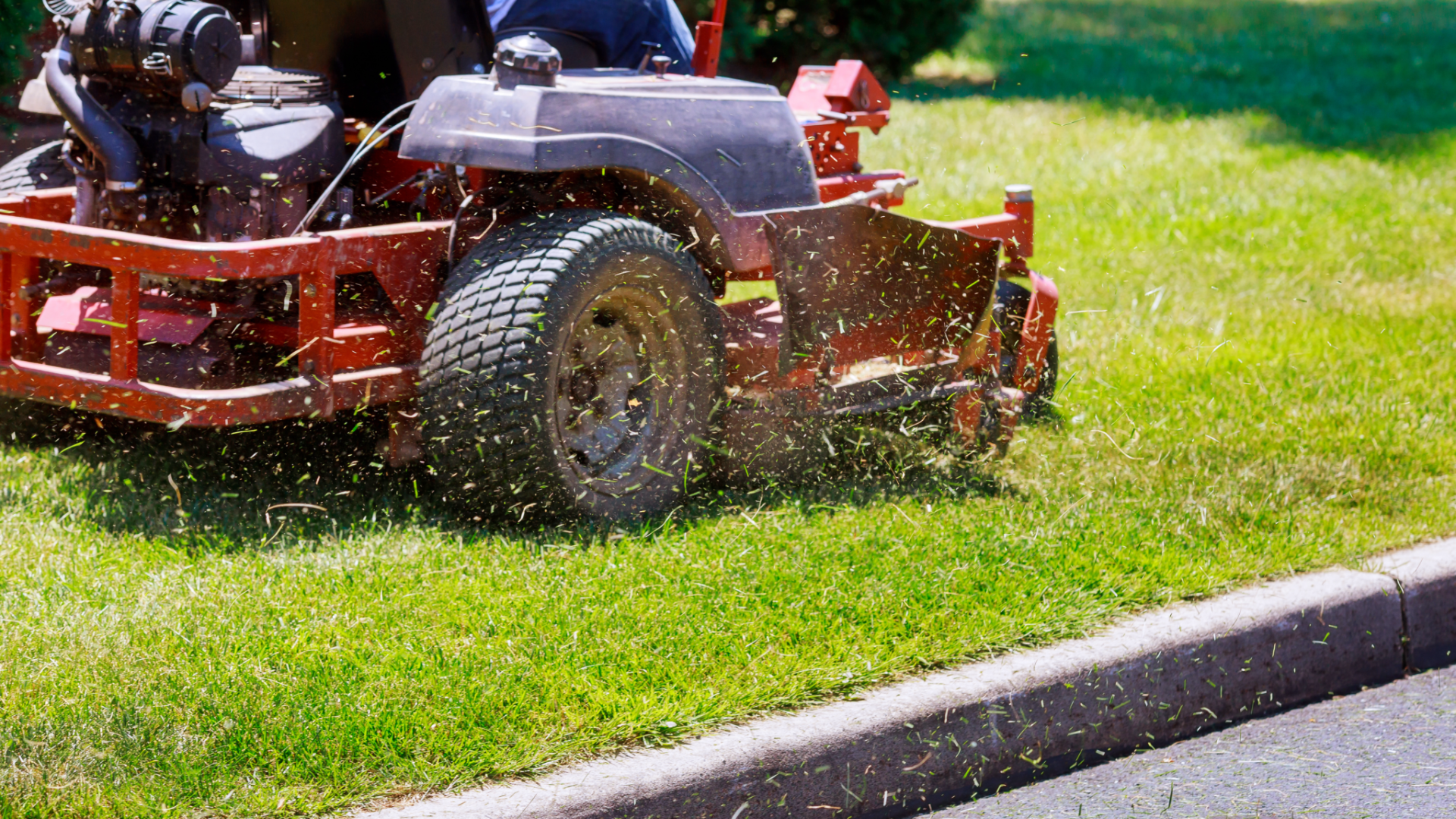Routine maintenance is the backbone of property management. It keeps your properties safe, clean, and visually appealing—ensuring residents feel proud of where they live. But without the right processes in place, routine maintenance can become a time-consuming burden, straining your resources and frustrating your residents.
What is Routine Maintenance?
Routine maintenance involves regularly scheduled tasks to maintain a property’s overall appearance and functionality. These simple, recurring activities—like mowing the lawn or sweeping hallways—are crucial for curb appeal, safety, and extending the lifespan of your assets.
Routine maintenance is straightforward and doesn’t usually require specialized skills or equipment. It can be handled by your team or outsourced to seasonal help, such as hiring landscapers in summer or snow removal services in winter.
While routine maintenance is important, it’s distinct from preventative maintenance, which focuses on inspecting and preventing equipment failures. Routine tasks keep your property looking good day-to-day, while preventative maintenance tackles the long-term health of your equipment and infrastructure.
While routine maintenance may sound similar to preventative care, there are key differences. While both types of maintenance are regularly scheduled, routine maintenance typically refers to simple, small-scale activities. Routine maintenance requires little training and will not have detrimental effects if it gets missed. It usually refers to the general upkeep of a property and protecting equipment from normal wear and tear. While routine maintenance is essential, it has a small impact on your business’s bottom line.
On the other hand, preventive maintenance is a much more systematic approach. Preventative maintenance involves the regular detection, inspection, and prevention of equipment failures. Preventative maintenance varies from routine maintenance because it is usually conducted by a maintenance professional. With a designated preventative maintenance strategy, property management companies can save money on costly emergency repairs, keeping their property owners satisfied and giving the residents a positive housing experience.
Want to know more about balancing routine and preventative maintenance? Schedule a demo to discover how Property Meld’s solutions can optimize both.
Examples of Routine Maintenance
Routine maintenance includes non-emergency upkeep of the building, the equipment, and the grounds. Examples of routine maintenance tasks are:
- Trash removal
- Snow removal
- Lawn care
- Mopping and sweeping
- Cleaning windows
- Vacuuming hallways and public areas
- Pool cleaning
- Watering the grounds
- Keeping fuel in the equipment
- Removing trash from the grounds
Many property management companies may have a designated maintenance team that works to complete maintenance requests from residents and a separate groundskeeper in charge of all routine maintenance tasks. This way, your maintenance team can focus on completing work orders quickly without letting daily tasks slide through the cracks.
In addition, some property management companies may hire additional help in certain seasons to help with routine maintenance. For example, property management companies may employ lawn care companies to mow and water their grass in the summer or remove snow from the parking lot and sidewalk in the winter.
Advantages and Disadvantages of Routine Maintenance
1. Enhances Curb Appeal
Well maintained properties are easier to market and attract high quality residents. Clean sidewalks, trimmed lawns, and sparkling windows create a positive impression for residents and prospects.
2. Extends Asset Lifespan
Regular upkeep, like cleaning carpets or mopping floors, reduces wear and tear, delaying costly replacements and preserving your assets.
3. Improves Safety
Addressing hazards such as snow, ice, or trash reduces the risk of accidents and lawsuits. Routine safety measures protect residents and demonstrate your commitment to their wellbeing.
Check out our maintenance checklist if you need help deciding what to include in your routine maintenance program.
How Property Meld Simplifies Routine Maintenance
Managing routine maintenance manually can eat up time and resources. Property Meld automates the process, making routine upkeep effortless. Here’s how:
- Centralized Task Management: Keep all routine tasks organized in one place for easy tracking.
- Streamlined Scheduling: Automate recurring tasks like snow removal or pool cleaning.
- Improved Communication: Keep residents informed and satisfied with automated updates and reminders.
By automating routine maintenance, Property Meld saves you time and reduces operational costs, all while delivering a better experience for residents and owners.
Make Routine Maintenance Work for You
Routine maintenance doesn’t have to feel like a neverending todo list. With Property Meld, you can:
- Keep properties looking their best.
- Ensure resident satisfaction and safety.
- Save time and reduce costs with automation.
Don’t let inefficiencies hold you back. Schedule a demo today to see how Property Meld can transform your routine maintenance processes and make your team more productive.
Request a Demo






